Protecting Our Little Ones: Every Parent’s Priority is a Healthy Child

As parents we should try to make sure our kids eat certain foods to support their immune systems.
Nothing is more undesirable than seeing your little one fighting a cold (or worse). We try and get our children to habitually wash their hands, sneeze in their elbows, and keep their fingers out of their mouth (or nose). But, kids will be kids and they have a knack for picking up bugs and germs wherever they go.
While no food will prevent a viral infection or the flu, certain nutrients found in various foods have been shown to help support a healthy immune system that may offer benefits like help shorten the duration of an illness or lessen symptoms.
Along with adequate sleep, proper hygiene, regular exercise, stress management (kids can practice yoga, too!) and a good old boost of natural sunlight, here are some foods I encourage toddlers, pre teens and teens to eat that are developmentally appropriate and may help support a healthy immune system.
Eggs
Eggs are one of the best first-foods for babies. In fact, the US Dietary Guidelines Advisory Committee recently recommends eggs as a first food for babies and toddlers. Not only do eggs expose your little one to important proteins that may help reduce their risk of developing food allergy, but they are also chock-full of immune supporting nutrients like zinc.
Including eggs in your toddler’s diet can be as simple as scrambling them for a quick breakfast or boiling them for a simple snack.
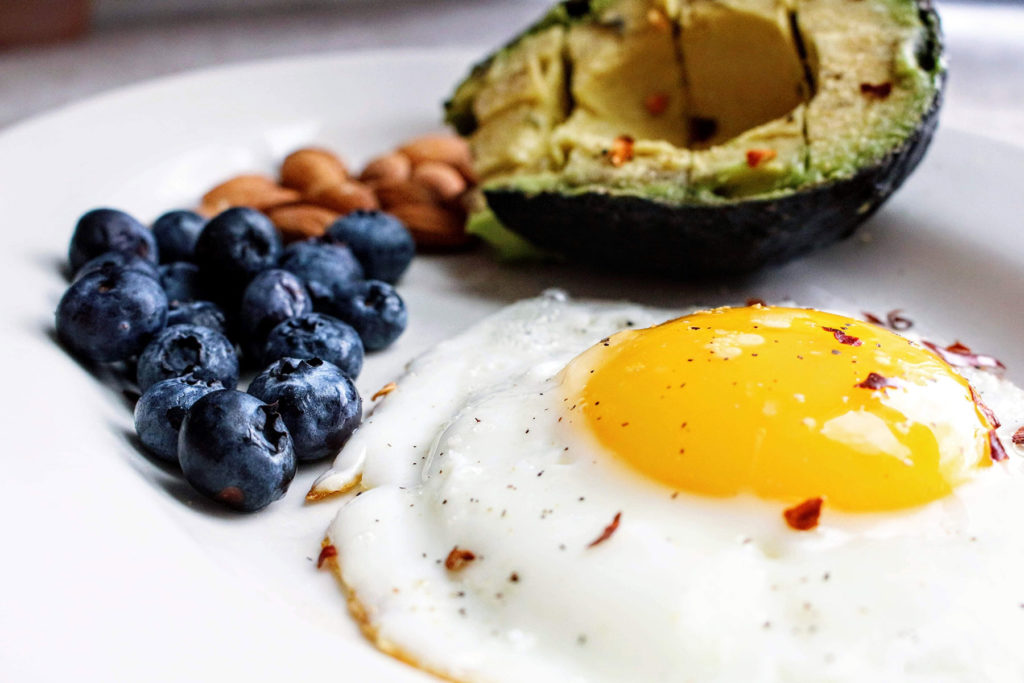
Oats
Oats are a great toddler food for many reasons: they stick to a spoon for self-feeding practice, they mix well with other flavours, and they contain iron. But oats may have another benefit in a toddler’s diet: supporting the immune system.
Oats contain beta glucans which plays a role in activating killer cells to help control viral infections. Feel good knowing that your baby’s breakfast is not only nourishing, but it is also fueling it’s little body with what it needs to help your little one fight off illness. Win-win!
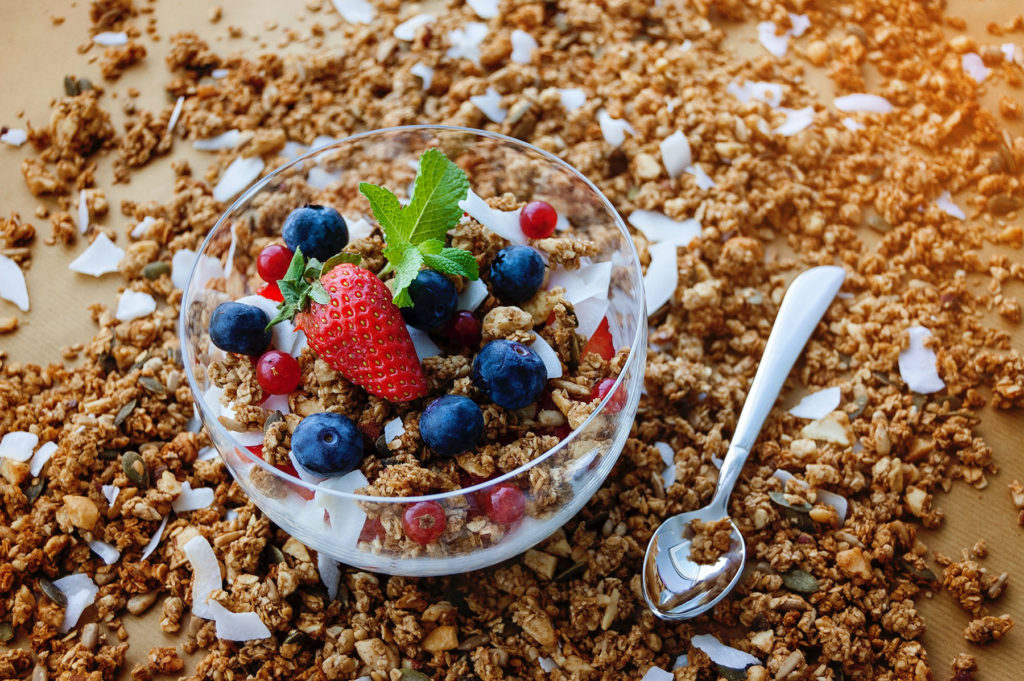
Carrots
Soft carrots tend to be a toddler-favourite, which is a good thing in this case. Carrots naturally contain many important nutrients, including beta carotene, a carotenoid that has been shown to support the activity of killer cells, which are important for helping control viral infections.
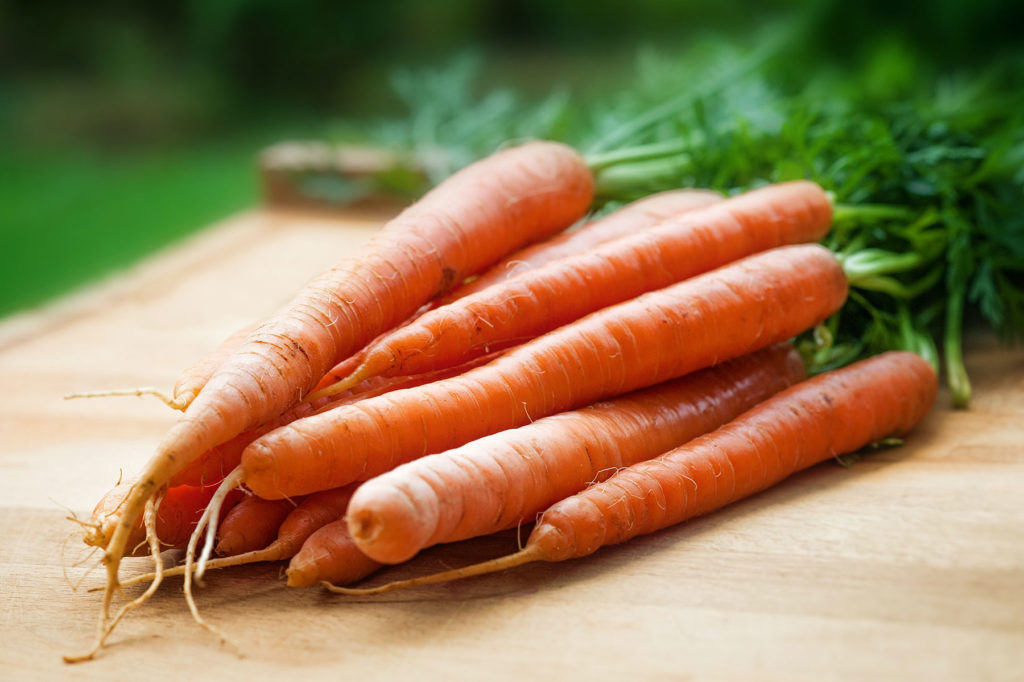
Beef
It may come as a surprise that beef is an immune-supporting food, but between the high-quality protein, zinc, and other nutrients that this food contains, it is a dynamite addition to a toddler’s diet to help keep their immune system in-check.
In addition to the immune benefits, toddlers benefit from eating the iron-rich option of beef, as their iron intake may decrease if they transition from breast milk to other foods around this time.
While some cuts of meat may be too tough for your little one to chew, softer options like ground sirloin or stew meats are perfect for little teeth.
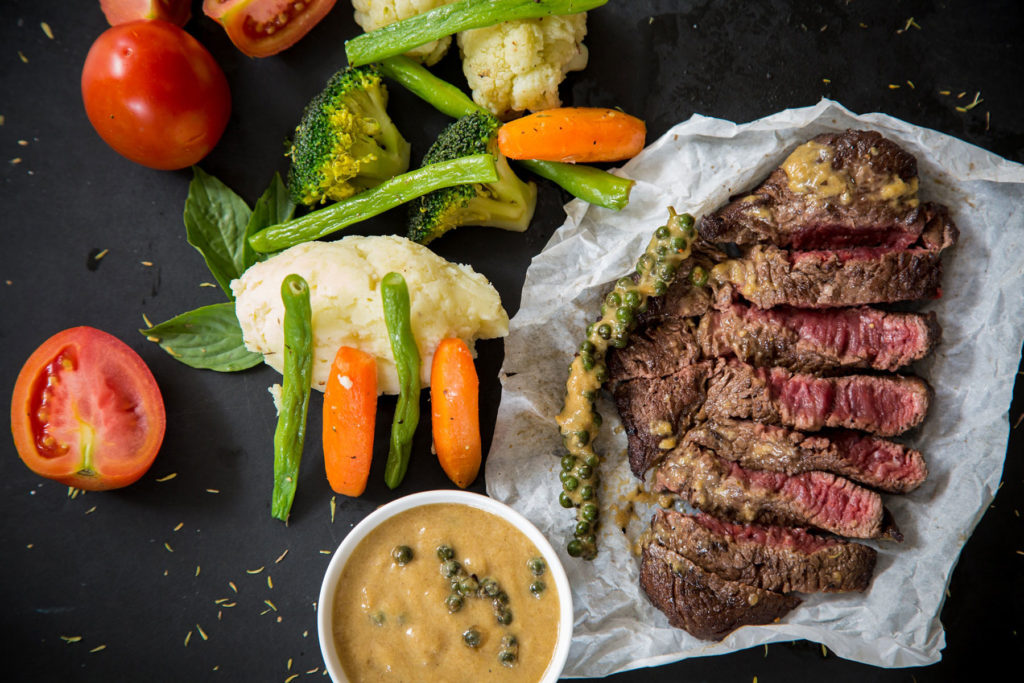
Chicken Soup
Chicken soup is not just an old wives tale for a cold remedy. Data suggests that drinking warm chicken soup may help remedy a stuffy nose, results in less inflammation in the body, and leads to fewer cold symptoms.
If you are serving chicken soup to a toddler, make sure you are making the real-deal that is chock-full of vegetables and real chicken as opposed to the canned version. To serve, offer your little one soft cooked veggies and small pieces of soft chicken in a shallow pool of broth. Strained broth can be served in a cup for sipping too. Just make sure the soup isn’t too hot.
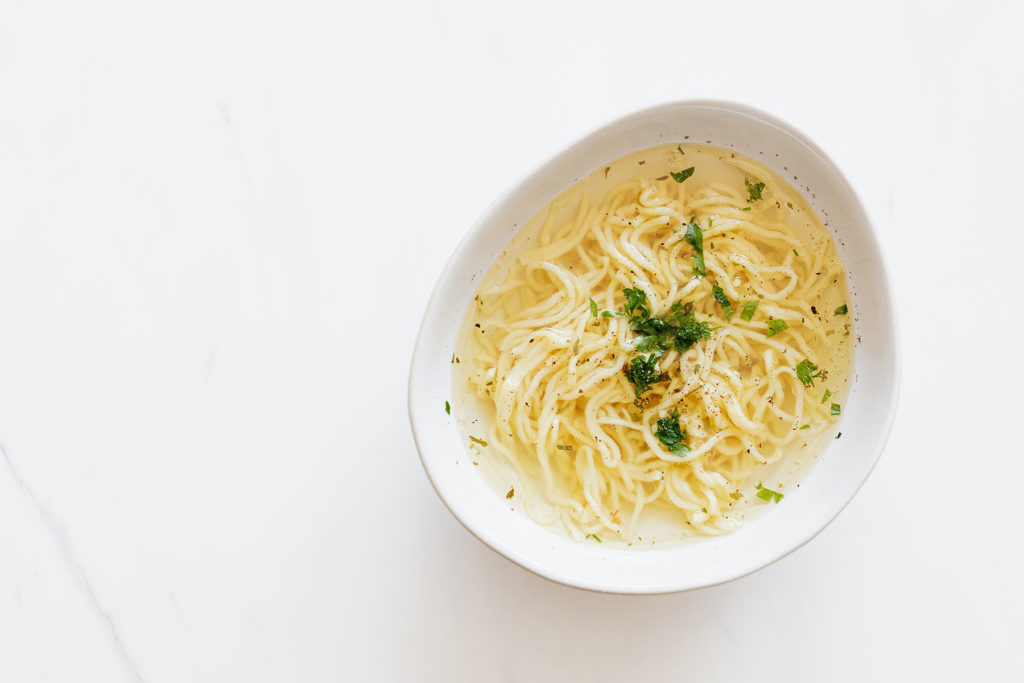
Strawberries
Strawberries are often an easy sell when it comes to toddler foods. These naturally sweet berries are loaded with vitamin C which is known for it’s immune-boosting properties. Toddlers between the ages 1 and 3 years old require 15 mg of this nutrient which equates to only 2 to 3 strawberries a day (one strawberry contains approximately 7 mg of vitamin C each).
Strawberries can be easily cut into toddler-appropriate finger foods. Freeze-dried strawberries or homemade strawberry “sauce” (like apple sauce) are also wonderful toddler-friendly options.
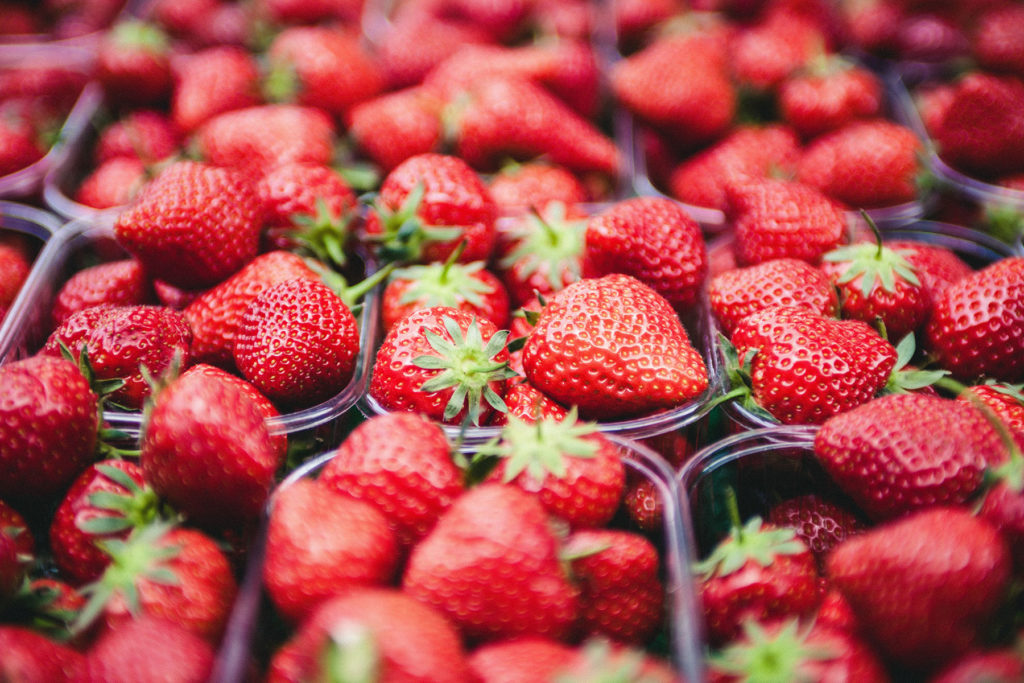
Yoghurt
Real dairy yoghurt that does not contain added sugars is an immune-boosting food for many reasons. For one, it contains vitamin D. Lower levels of this nutrient have been linked to increased risk of developing immune-related diseases. Therefore, taking in enough of this nutrient may help reduce this risk and support a healthy immune system.
Yoghurt often contains probiotics, or live bacteria that offers a benefit to the host. Probiotics have been shown to offer a slew of health benefits to humans, including immune support — depending on which probiotic strain is ingested and maintained. Choosing yoghurt with live and active bacteria can help support a healthy immune system. Keep in mind that shelf-stable yoghurts and some non-dairy yoghurts may not contain probiotics.

Avocado
People seem to be pleasantly surprised when they learn that avocados may help support a healthy immune system. Not only are these yummy green fruits loaded with vitamins A, C, and E, their healthy fats that they contain actually help the body absorb the fat-soluble vitamins. Avocados are also a source of glutathione, an antioxidant associated with immune system health.
Pro tip: If your kiddo is having a hard time hanging onto a piece of avocado (they can sometimes be a bit slimy), coat them in crushed graham crackers, milled flax seeds, or other foods that give the fruit slice a little traction.
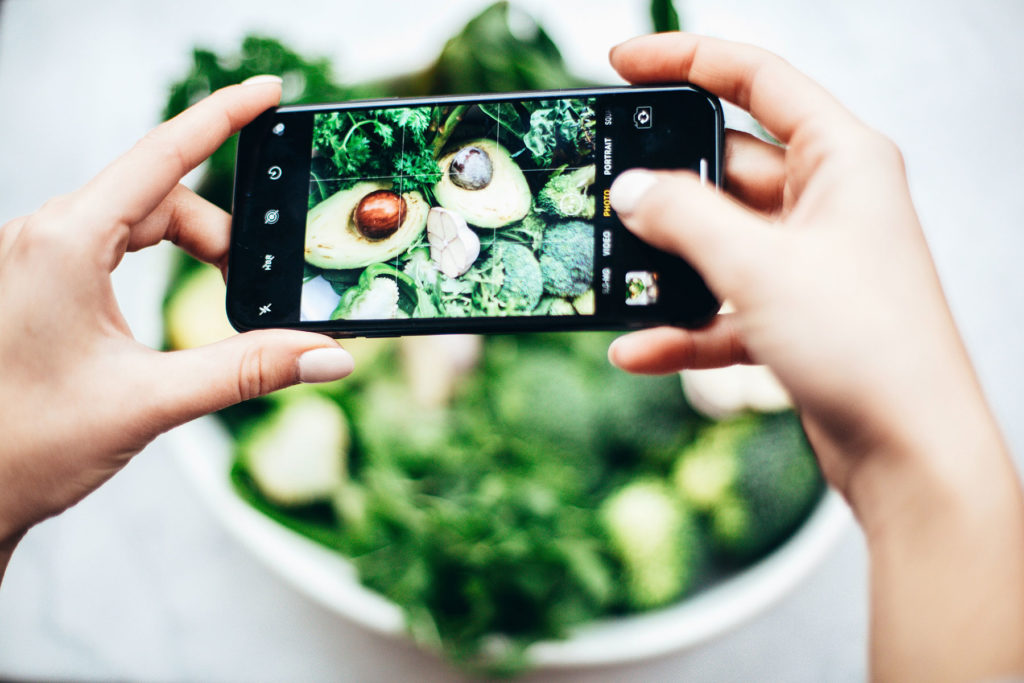
Citrus
Orange juice is many people’s go-to secret weapon when it comes to immunity enhancing, and for good reason. Orange juice is not only tasty, but it is loaded with vitamin C.
Since the American Academy of Pediatrics recommends limiting fruit juice to a maximum of 4 oz per day for toddlers, leaning on the whole fruit instead of the juice version is a better idea for this age group. From clementines to the classic orange, citrus choices appear to be plenty, and plenty delicious. Just make sure seeds are removed before serving. You may also want to remove the membranes of the fruit depending on your little one’s abilities.
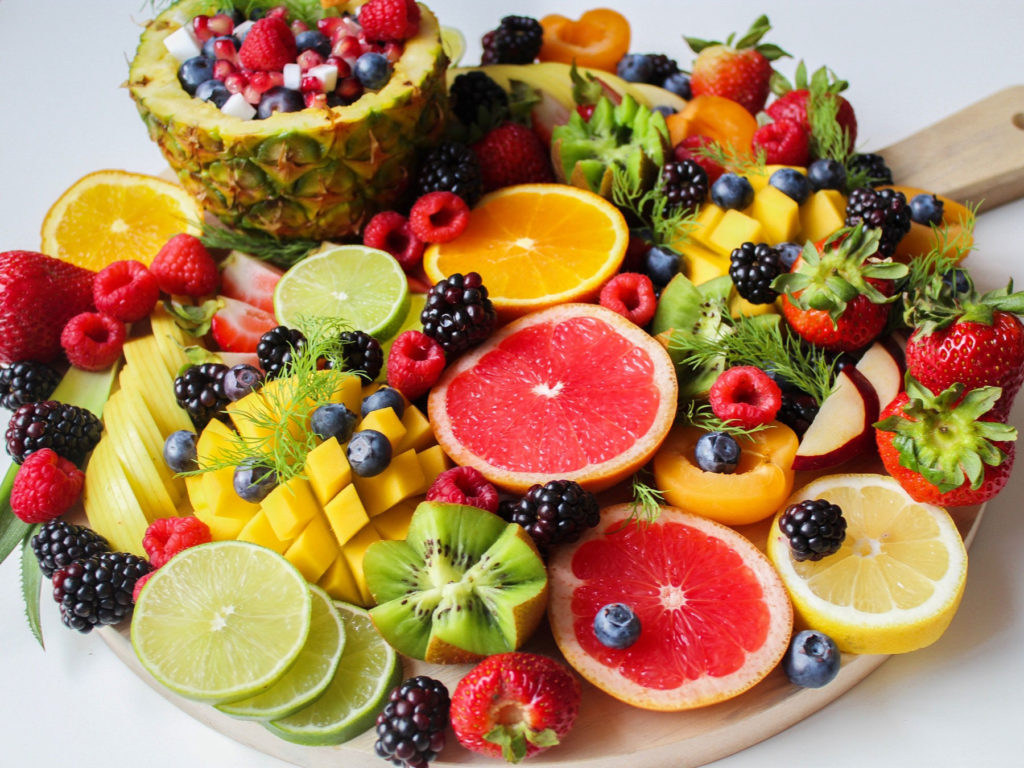
Creamy Natural Peanut Butter
Peanuts are naturally chock-full of nutrients. Two in particular, vitamin E and copper, play important roles in the immune system and may help keep your little peanut healthy.
Whole peanuts are not typically recommended to toddlers because they can be choking hazards. A thin spread of natural creamy peanut butter (no added salt, sugar, or fillers) on a piece of toast or crushed peanuts mixed into a yoghurt are excellent ways to expose your little one to this important legume. Or try some peanut butter as a sauce on pasta instead of a traditional red sauce – yum!
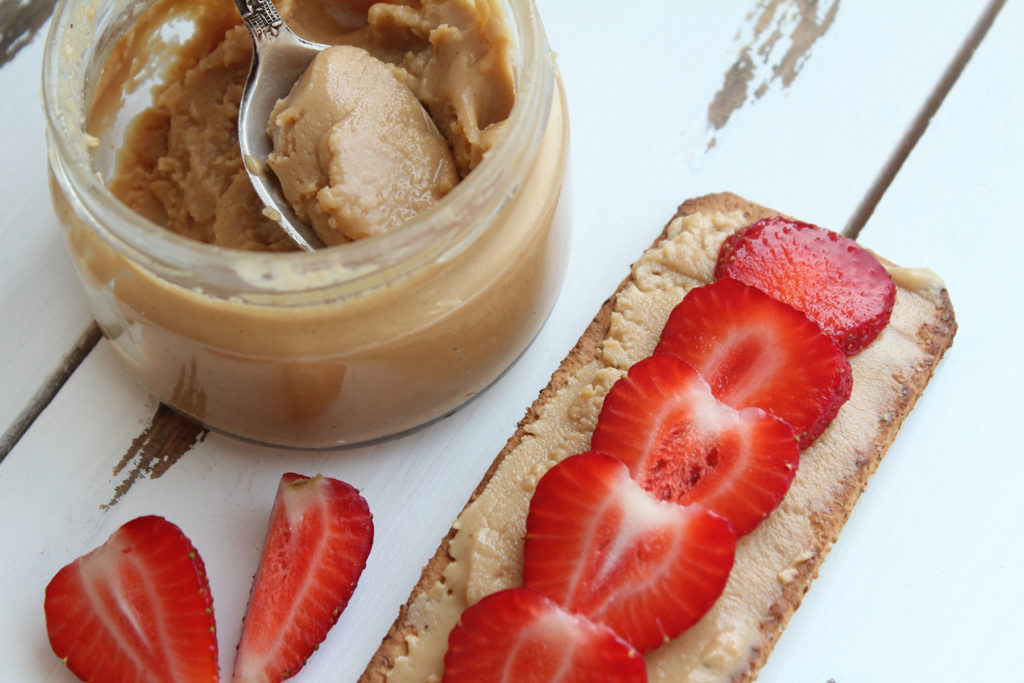
Salmon
If your kiddo is a little seafoodie, you are one step ahead of the game. Fatty fish like salmon contain DHA, a fatty acid that has been shown to enhance white blood cell activity and help support immune health.
Mini salmon cakes or homemade fish sticks are great ways to get some DHA fatty acids into your kiddo’s diet. Just remember to stick to the low-mercury seafood options and pick out any bones before serving!
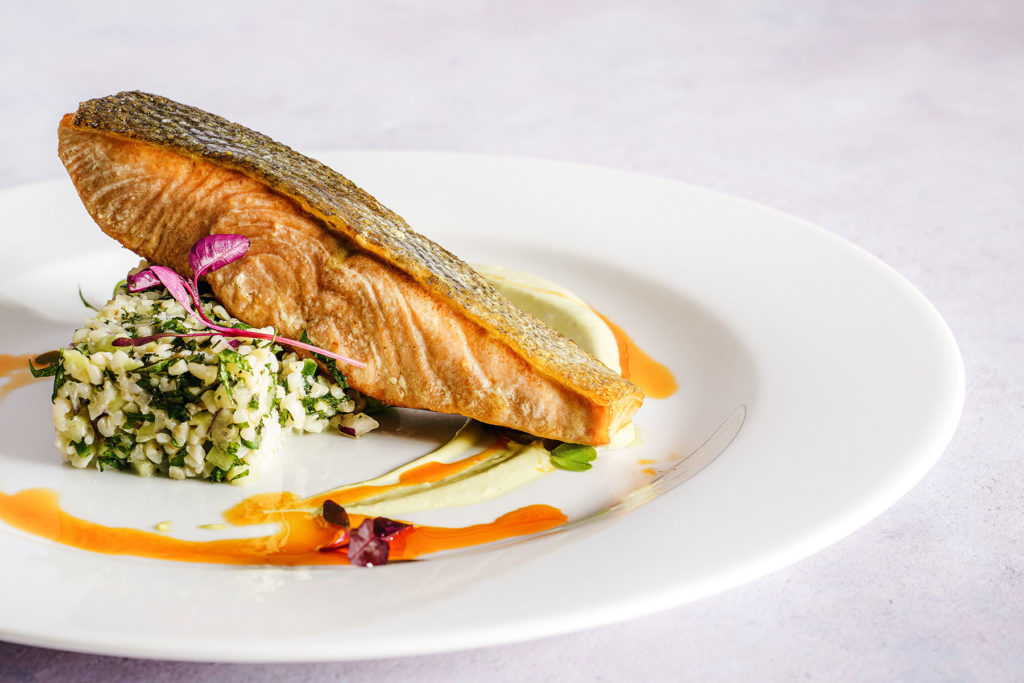
Note: Pediatrician Tips is strictly a news and information website about pediatrics. It does not provide medical advice, diagnosis, or treatment. This content is not intended to be a substitute for professional medical advice, diagnosis, or treatment. Always seek the advice of your pediatrician, physician or another qualified health provider with any questions you may have regarding a medical condition for any person. Never disregard professional medical advice or delay in seeking it because of something you have read on this website. The opinions expressed in this column are not always those of Pediatrician Tips and are intended to spark discussion about issues pertaining to pediatrics and pediatricians.







